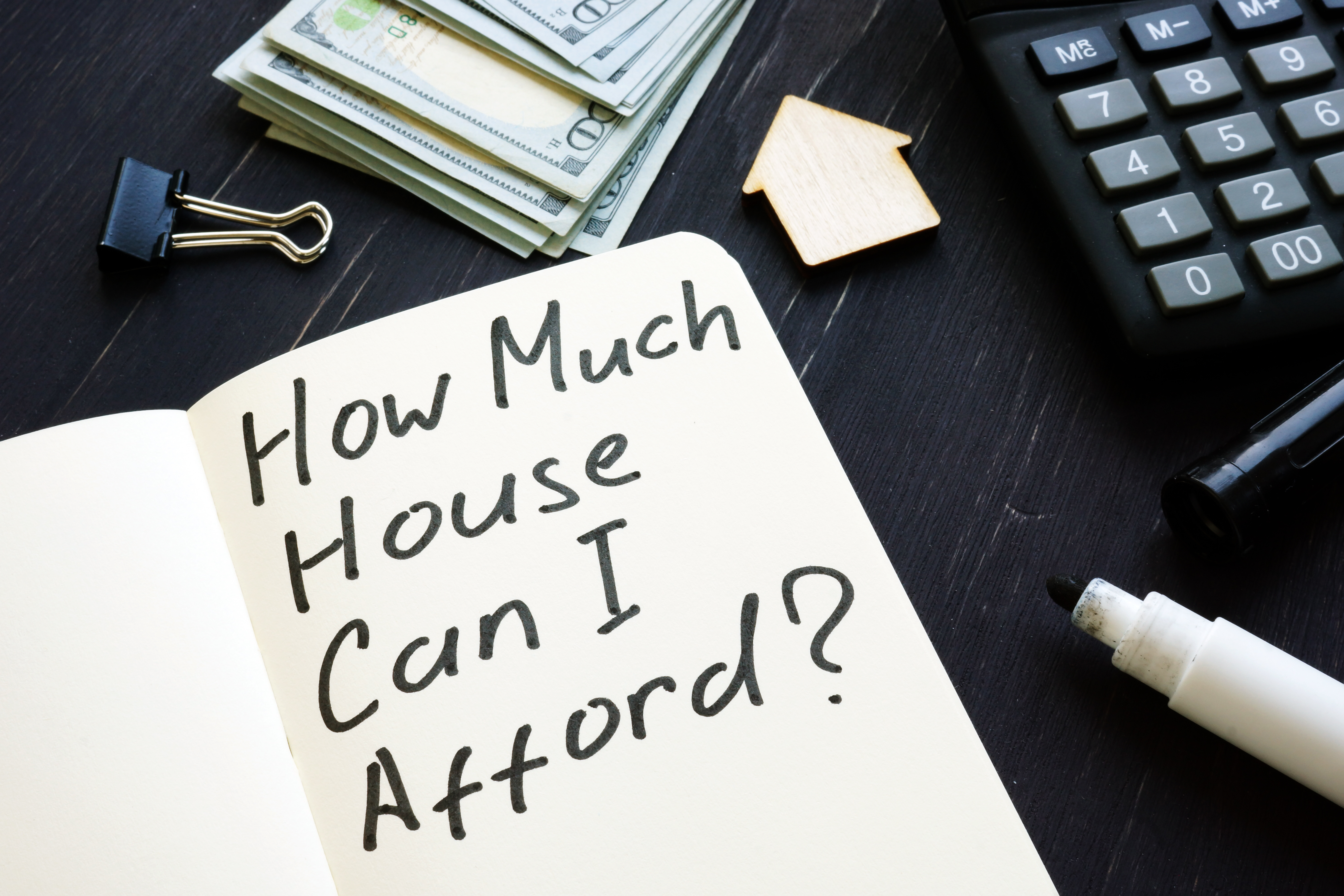“Should I rent or buy a home?” It’s a seemingly simple question without a cut-and-dry answer. Everyone’s finances, goals, and life plans look different. Here are five better questions to ask when deciding whether to rent or buy a home.
1. Can you afford to buy a home?
The first question you should ask is whether or not you can afford to buy a home, because if you can’t, the other answers don’t matter. If the monthly mortgage payment was your only expense, buying would always be cheaper than renting a comparable house. However, there are other costs that come along with buying a home.
- The down payment is the largest up front cost you will have. This typically ranges from 3-20%, depending on the type of loan you can get. The Consumer Financial Protection Bureau has an online guide that helps you decide what size down payment is best for you. There are also a number of programs out there available for first-time or low-income home buyers. And if you're a veteran, you can get a VA loan for 0% down.
- Mortgage interest rates have a big impact on the cost of buying a home. Buyers have enjoyed dramatically low interest rates for a while, but the rates have begun to climb again. It’s not as bad as it sounds – economists expect them to stay below the historic average for the foreseeable future.
- Then there are the often forgotten but sizable closing costs. These vary depending on location, but normally cost you between 2-5% of the purchase price. You also might be able to get a seller’s assist to help you offset a portion of the closing costs.
- Another factor to consider (particularly when deciding between two different locations) is property taxes. The national average for property taxes is 1.21% of your assessed home value, although some areas like New Jersey tax at a much higher rate. This tool can give you a rough estimate of what property taxes are like in different counties, but your Realtor will be able to give you more detailed information.
2. What does your credit profile look like?
It’s a good idea to access a credit report and find out what information is shown and if any errors exist. You can request a free credit report at AnnualCreditReport.com. You can also get your credit score for a fee. Lenders typically require a credit score of 620 or higher for government-insured loan programs. For the lowest mortgage rates you need a credit score of 740 or above. However, having a score below 620 does not mean you cannot buy a house. Your Realtor can offer useful suggestions on who can help provide a suitable mortgage and/or help with credit repair. Understanding where you’re at and where you need to get will help you develop a plan to make homeownership achievable for you.
3. How long do you plan on living in the same area?
If your answer is at least five years, buying a home will probably be the most cost effective choice. It generally takes about five years to recoup your investment due to the additional “closing costs” in purchasing the home, as well as anticipated costs involved in the sale of the home. While Houwzer only charges 1% listing fee, plus 2-3% to be given to the buyer's agent, sellers who use a traditional agent often end up forking over 6% of their selling price in combined agent commissions. Different factors like the down payment and interest rate also impact how long you would need own a home before it becomes cheaper than renting.
If there is a chance you’ll be relocating within the next five years for a job or life change, you may want to consider holding off on a home purchase. Your home is an illiquid asset. There’s more certainty moving into a month-to-month rental situation than trying to sell your home quickly and at the price you require to break even. However, if you buy a home in a desirable area – particularly one with an abundance of young professionals or nearby universities – you’ll have the option to rent your home out and turn it into another source of income.
4. Where is your city on the trend line in terms of number of homes sold and median sales price ?
It’s impossible to predict exactly which way the housing market will move in the future, but it’s useful to get a general sense of where the market is trending in your area. A great reference for this can be found on Trulia under the ‘local info’ tab. Simply provide your zip code in the Real Estate Overview section and you can see a trending line graph of housing sales and median prices over the last 1, 5, or 15 years.
5. Are you prepared for the upkeep and maintenance requirements that come with owning a home?
As rewarding as homeownership is, ongoing maintenance and surprise repairs are now your headache. You no longer have a landlord to text when the basement floods. Even brand new homes have their issues, and you’ll need to have some cash stashed away for emergencies and general home maintenance. A good rule of thumb is to budget to spend 1% of your home’s price annually for home upkeep. Suburban buyers should also factor in yard maintenance. Home upkeep is both a monetary expense and a time cost, as you’ll need to either do the work yourself or make arrangements for someone else to do it.
Some Final Suggestions
Buying a home may sound daunting and it can require a good chunk of cash upfront, but many people are surprised to find how relatively affordable it can be to buy a home. Start by evaluating your current financial situation and your goals. Plug some numbers into this Rent vs. Buy Calculator and make tweaks to see how different factors like estimated purchase price, down payments, and interest rates can affect affordability. This will give you an idea of how long it would take for buying to become cheaper than renting.
If you’re interested in pursuing homeownership, schedule a time to talk to one of our pressure-free salaried Realtors who can give you a sense of the current market and trends, connect you with trusted lenders, help you work through your goals, and build out a tailored plan to help you achieve them.



